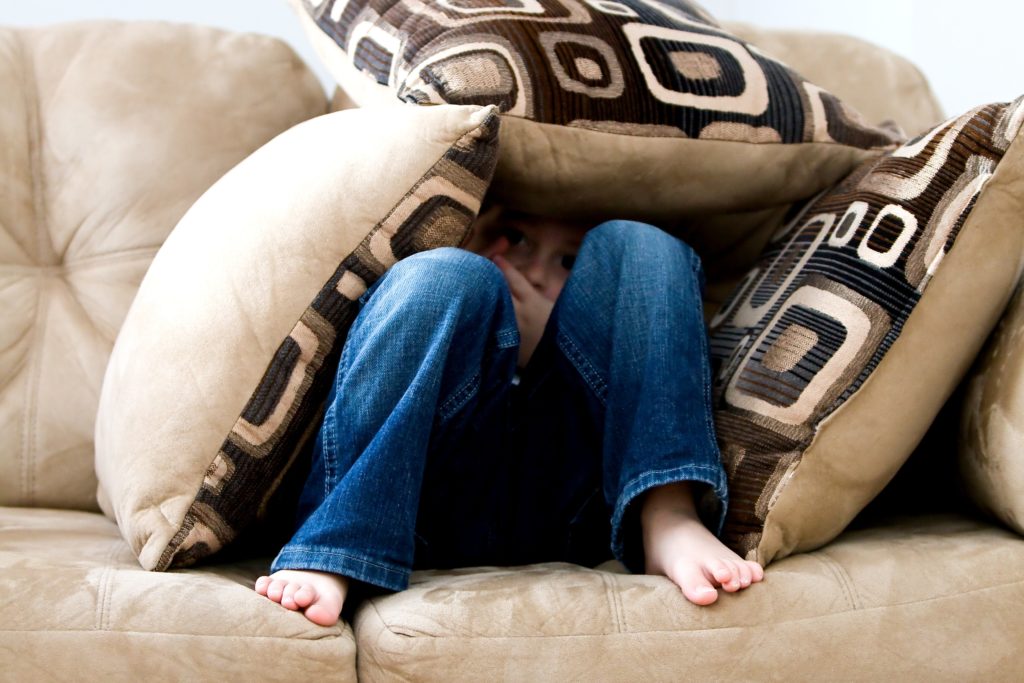Every year, thousands of children experience the stress of their parents splitting up. Their reactions are going to vary child by child, and the way that they handle the trauma of their parents’ relationship breaking down is going to depend on the way that they are supported through it. No child out there expects their parents to stop being together. They don’t anticipate change. As far as a child is concerned, Mum and Dad stay together forever in the same home as a happy family. To suddenly go from that, to having two houses to sleep in and not seeing Dad everyday, is hard. It’s also something that a lot of children take years to recover from.
Adults go through separations every day, and while it’s always better for an unhappy couple to part ways and be happy, it’s not easy for the children to deal with. It’s also not easy for the couple parting, either. The one thing that a couple should never do is lean on their children to get them through the hard times. Children need to be as protected as possible, and that means maintaining good relationships even if the love and romance has gone. You can manage the entire situation with family law experts, but both of you have to be willing to put your children and their emotional wellbeing ahead of yours to ensure that they come out of this with their self-esteem and confidence intact.
Breaking The News
It’s never easy to tell a child that their parents are separating and are going to live apart. Ideally, it’s something that you should do together, leaving blame and feelings for each other out of it. Talk to your child about everyone being in the happiest situation possible, and that they will not be loved any less just because you don’t live together anymore. No matter what their age, the message is the same: what has happened is in no way the child’s fault. Even then, your children will think that they are somehow to blame, and your reassurance here can go a long way.
Handling The Reaction
Before you tell your children what’s happening next, you have to be ready for the fallout. Younger children who aren’t aware of their surroundings won’t notice much except an atmosphere change. Older children could possibly begin to withdraw, lashing out in anger because negative attention from you is better than nothing at all. Responding to that reaction is about asking them how you could help, and explaining that you both love them very much and that will not change. They will express fear, worry, sadness, anger and in some cases, relief, about your impending divorce.
Having All The Answers
Encourage your children to ask questions and be open as much as you can while shielding them from the adult issues. Help them to put their feelings into words and ask them how you could support them while they’re feeling sad. The most important thing that you could do is be consistent, be supportive and absorb their shock. Working forward to a new future takes time, so don’t put pressure on yourself.

Leave a Reply